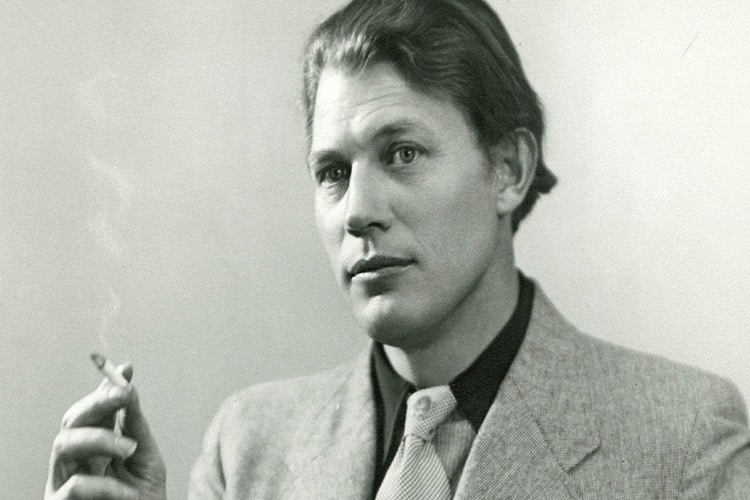Unmasking a Legend: The Story of Harry Martinson

Harry Martinson (6 May 1904 – 11 February 1978) was a Swedish writer, poet, and former sailor. He was awarded the Nobel Prize in Literature.
Life and Career
Harry Martinson was born on May 6, 1904, in Jämshög, Sweden. His birth name was Harry Edmund Martinson. He grew up in a working-class family, and his childhood was marked by poverty and hardship.
Martinson’s formal education was limited, and he left school at a young age to work various odd jobs. Despite his lack of formal education, he developed a keen interest in literature and began writing poetry in his youth.
Martinson’s literary career took off in the 1920s when he began publishing his poems. His breakthrough came with the collection “Spökskepp” (Ghost Ship) in 1929. He became associated with the literary movement known as “proletarian literature,” which focused on the lives of the working class. Martinson’s writing often reflected his own experiences of poverty and struggle.
In addition to poetry, Martinson wrote novels, essays, and plays. One of his most famous works is the epic poem “Aniara” (1956), a science fiction narrative that explores the human condition in the face of a cosmic disaster. This work, co-written with Eyvind Johnson, earned them a joint Nobel Prize in Literature in 1974.
Martinson’s literary achievements were recognized with numerous awards. In 1949, he received the prestigious Bellman Prize for his poetry collection “Nomad.” His collaboration with Eyvind Johnson on “Aniara” brought them international acclaim and the Nobel Prize in Literature in 1974.
Despite his success, Martinson struggled with depression and health issues later in life. His Nobel Prize was received with mixed feelings, as some critics questioned the choice. Martinson found it difficult to cope with the pressure and criticism. Sadly, on February 11, 1978, he took his own life by carbon monoxide poisoning in Stockholm, Sweden.
He died on 11 February 1978, in Solna, Sweden.
Award and Legacy
Martinson, along with Eyvind Johnson, was jointly awarded the Nobel Prize in Literature for their collaborative work on the epic poem “Aniara” (1956). The Nobel Committee praised them for their ability to “depict the harsh life of the contemporary North and the drama of individual existence.”
Martinson’s literary legacy is primarily defined by his poetry, novels, essays, and plays. His early association with proletarian literature and later ventures into science fiction, as seen in “Aniara,” showcase the versatility of his talent. His writings often explored the human condition, social issues, and existential themes.
“Aniara” remains one of the most celebrated works in Swedish literature. The epic poem, co-written with Eyvind Johnson, delves into the complexities of human existence and the consequences of a cosmic disaster. It is recognized for its innovative use of language and its profound exploration of existential questions.
Martinson’s impact on Swedish literature is enduring. His ability to connect with the working class through his early works and later engage with broader philosophical and scientific themes in “Aniara” showcases the breadth of his literary contributions. He has influenced subsequent generations of Swedish writers and poets.
The challenges and tragedies in Martinson’s life, including his early struggles with poverty, his experiences as an orphan, and his battles with depression, have made his life a subject of biographical interest. Various biographies and studies have explored the man behind the literature, shedding light on the personal struggles that influenced his work.
Martinson’s works continue to be subjects of literary criticism and academic study. Scholars analyze the themes, style, and socio-political context of his writings, contributing to a deeper understanding of his significance in the literary landscape.
Observer Voice is the one stop site for National, International news, Sports, Editor’s Choice, Art/culture contents, Quotes and much more. We also cover historical contents. Historical contents includes World History, Indian History, and what happened today. The website also covers Entertainment across the India and World.

